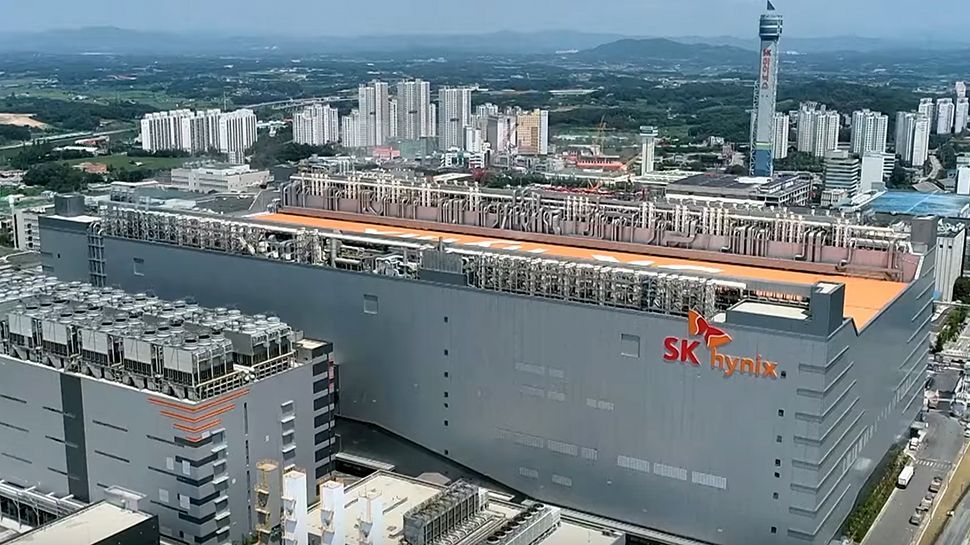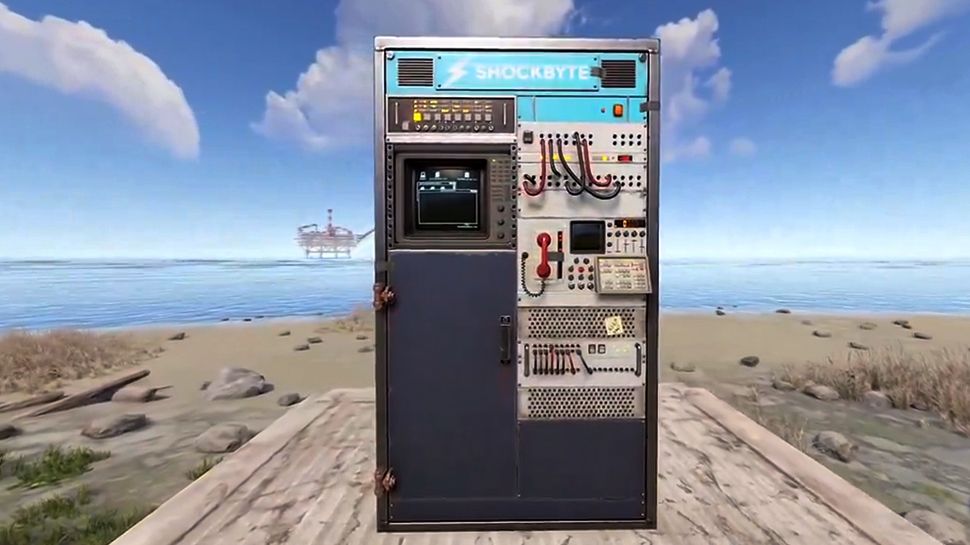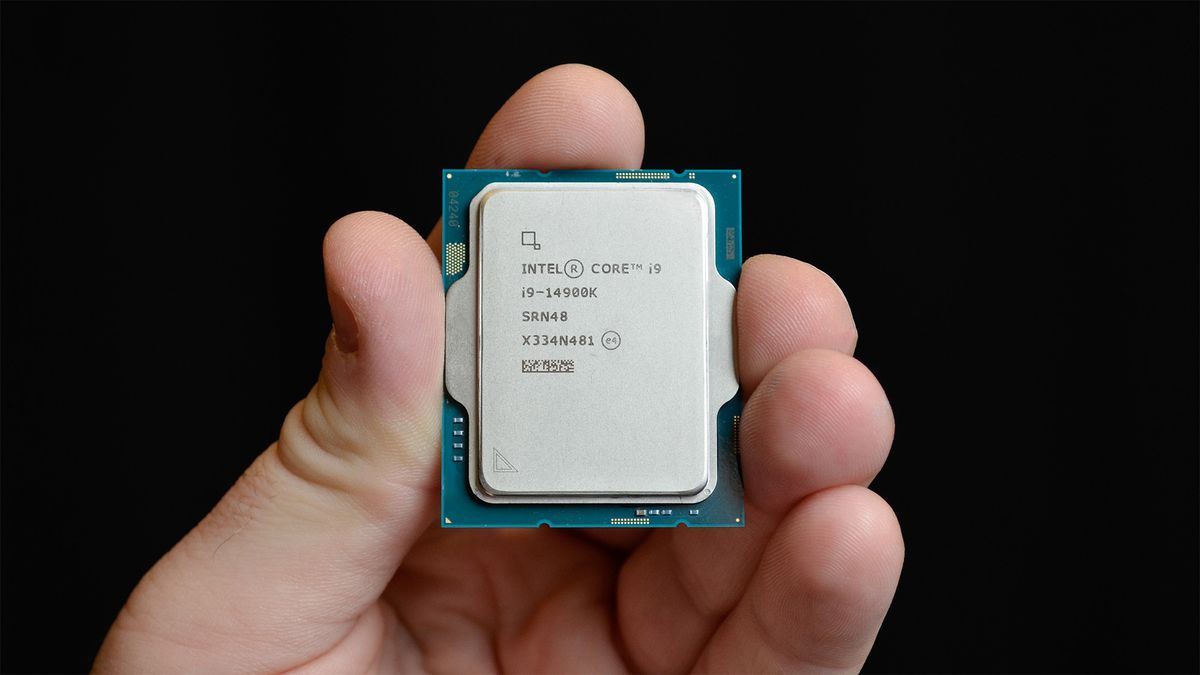SK Hynix, the world's second-largest memory maker (behind South Korean chip giant Samsung), recently turned down a 500 billion won ($374 million) upfront payment from an unnamed AI accelerator company to secure a dedicated high-bandwidth memory (HBM) production line.
Instead, according to Korea's economic dailySK Hynix has pledged to supply HBM products worth more than 1 trillion won ($749 billion) to Nvidia, a leader in AI chip development.
HBM, a critical component in AI accelerators and high-performance computing, has become a hot commodity as demand for AI chips continues to rise. Nvidia’s AI chips, which are crucial in data centers and AI applications, rely heavily on HBM, making memory suppliers like SK Hynix key players in the supply chain.
AI and the growth of data centers
Samsung and SK Hynix, the world’s two largest DRAM producers, are expanding their HBM production capabilities. Samsung is currently building a new DRAM and HBM production line at its Pyeongtaek facility, which will supply AI accelerator chips to companies such as AMD. Meanwhile, SK Hynix recently partnered with TSMC to advance HBM development.
SK Hynix’s decision to reject the Nvidia competitor’s offer underscores its strong commitment to Nvidia, which continues to dominate the AI chip market. The global DRAM market, which includes HBM, is expected to double to $175 billion this year, driven largely by growth in AI and data center technologies.
Both Samsung and SK Hynix are set to benefit from this boom, with investments in DRAM production increasing. Samsung’s capital expenditure on DRAM is expected to increase by 9.2 percent in 2024, reaching $9.5 billion, while SK Hynix is expected to triple its DRAM spending to $7.1 billion this year.
As AI continues to grow, memory chip makers such as SK Hynix and Samsung are ramping up HBM production to meet rising demand from tech giants like Nvidia. HBM prices, which are currently five to six times higher than standard DRAM products, are expected to further boost profitability for both companies as they continue to benefit from the fast-paced AI market.









